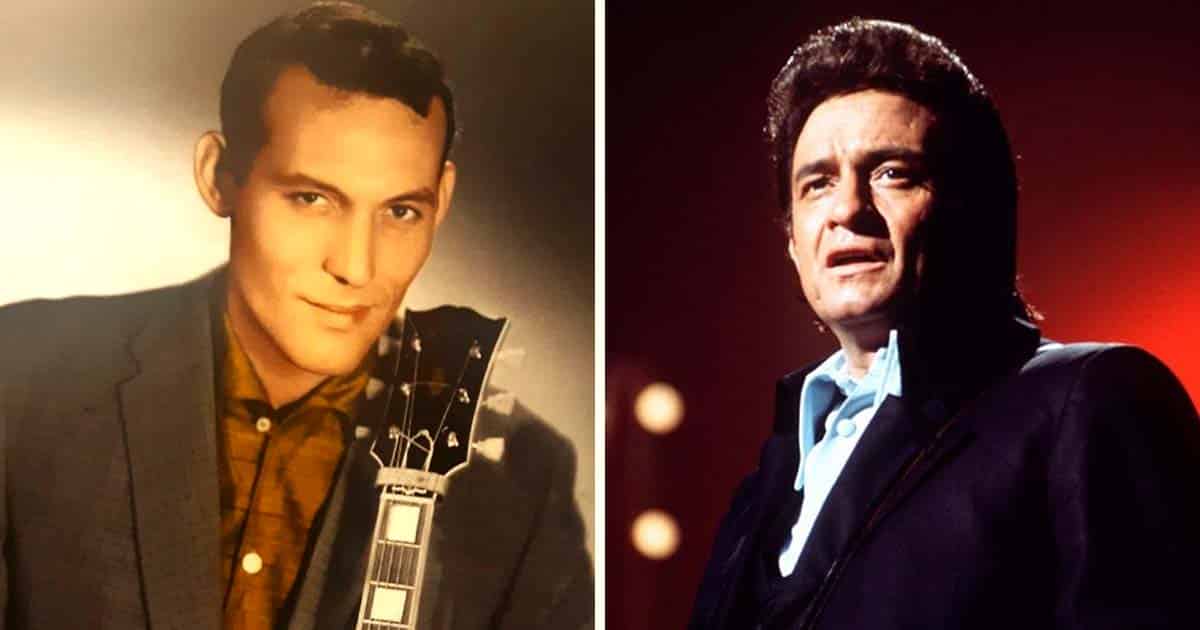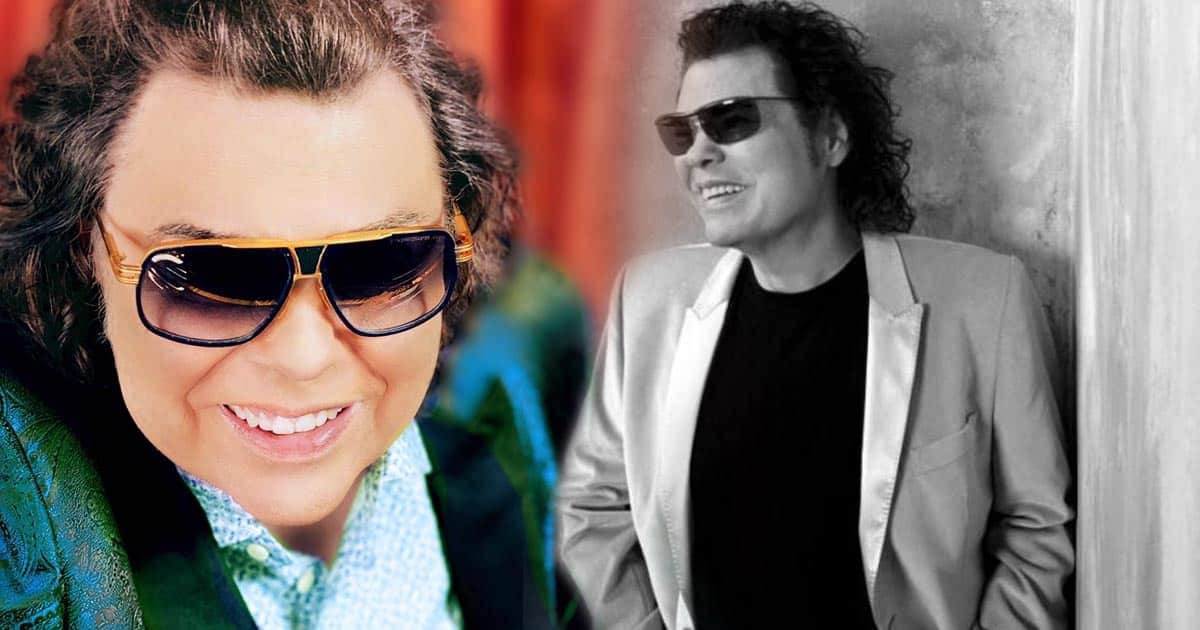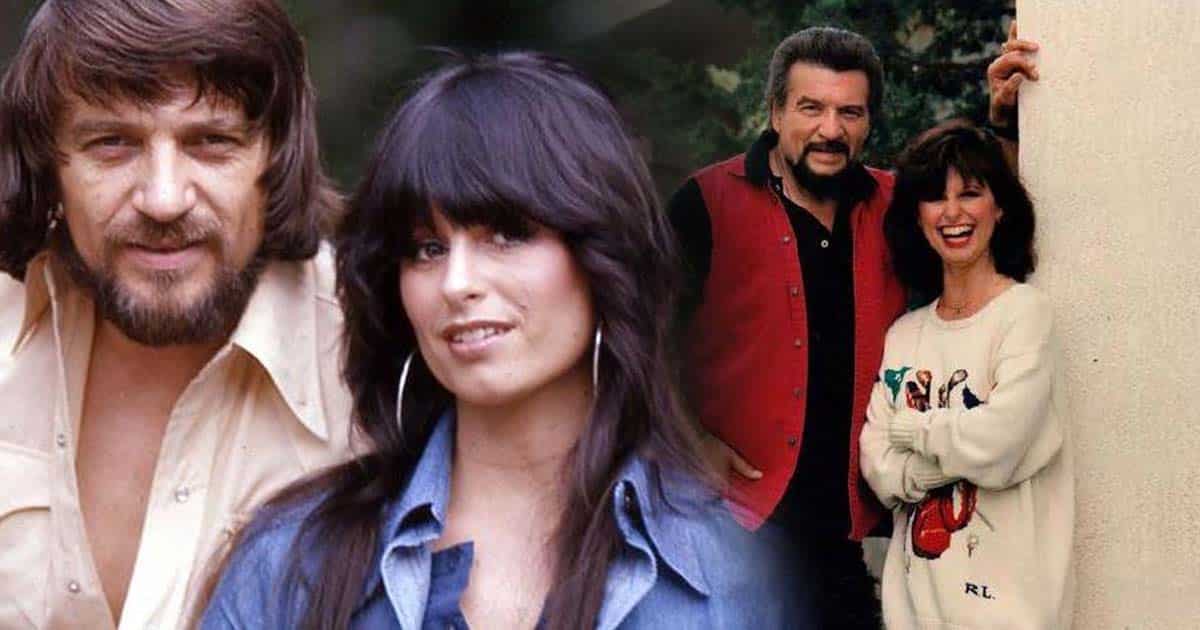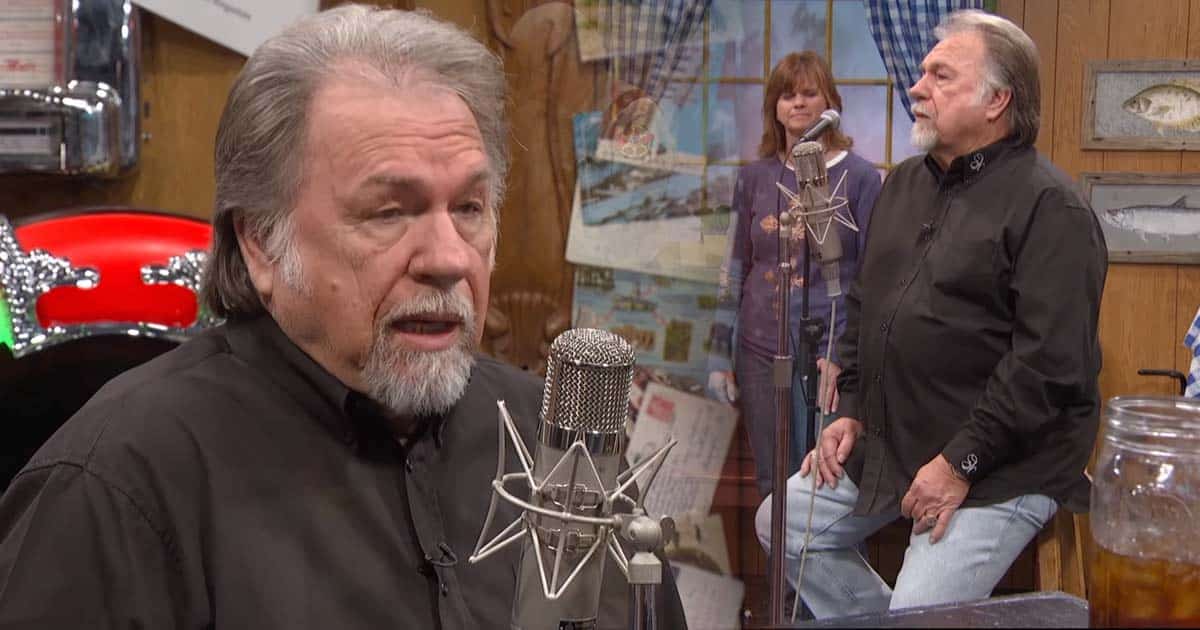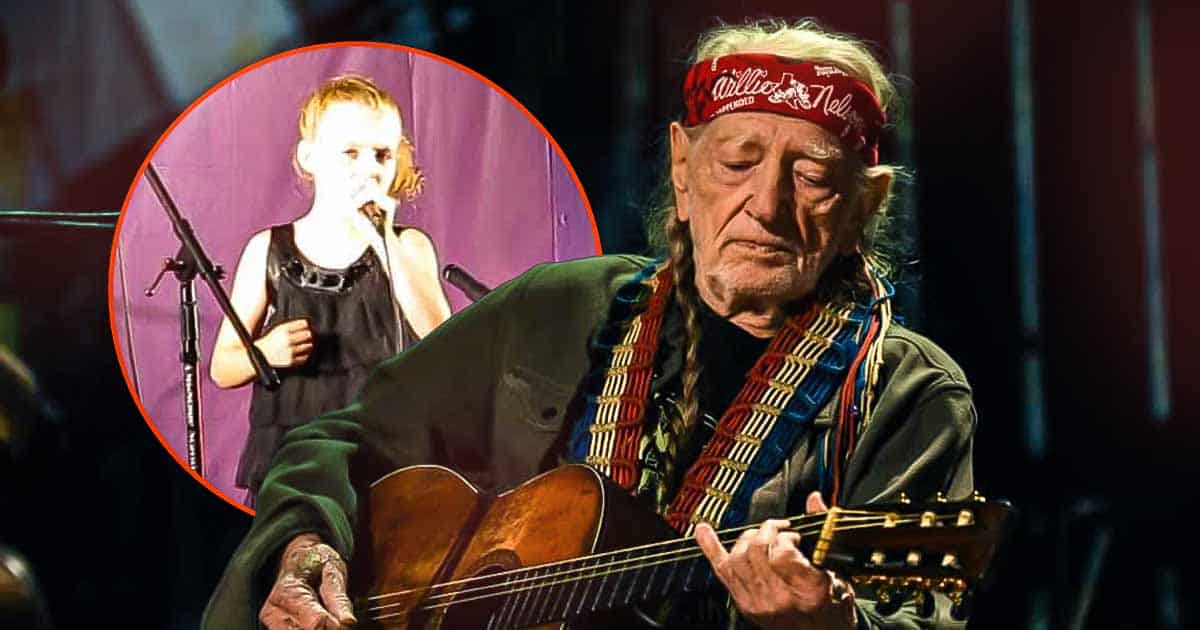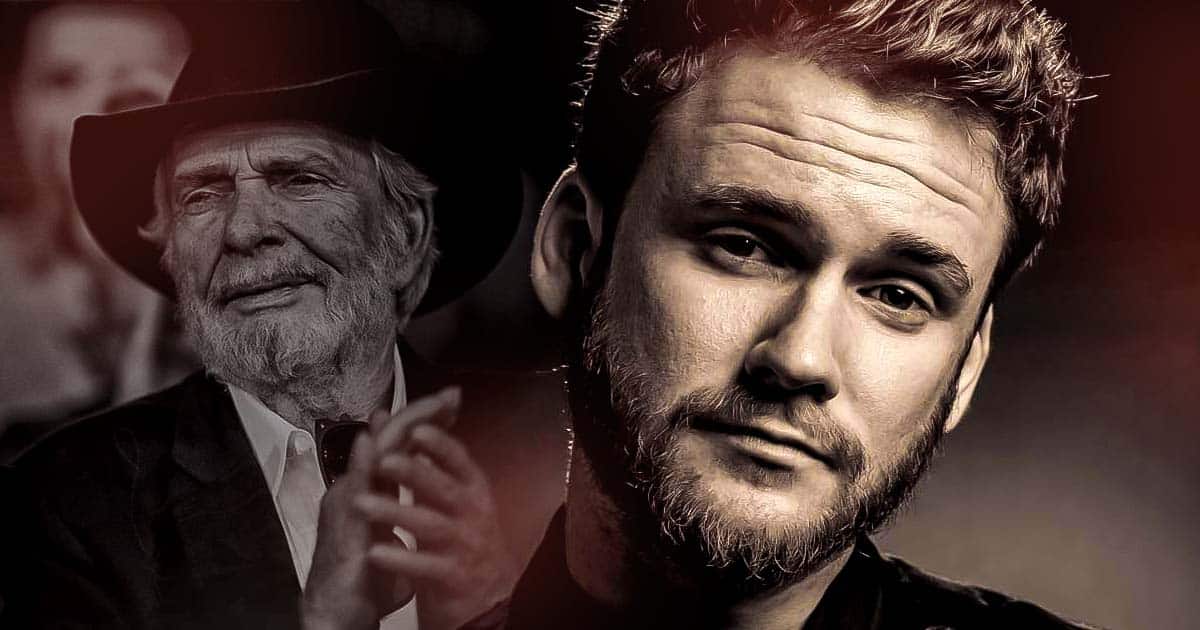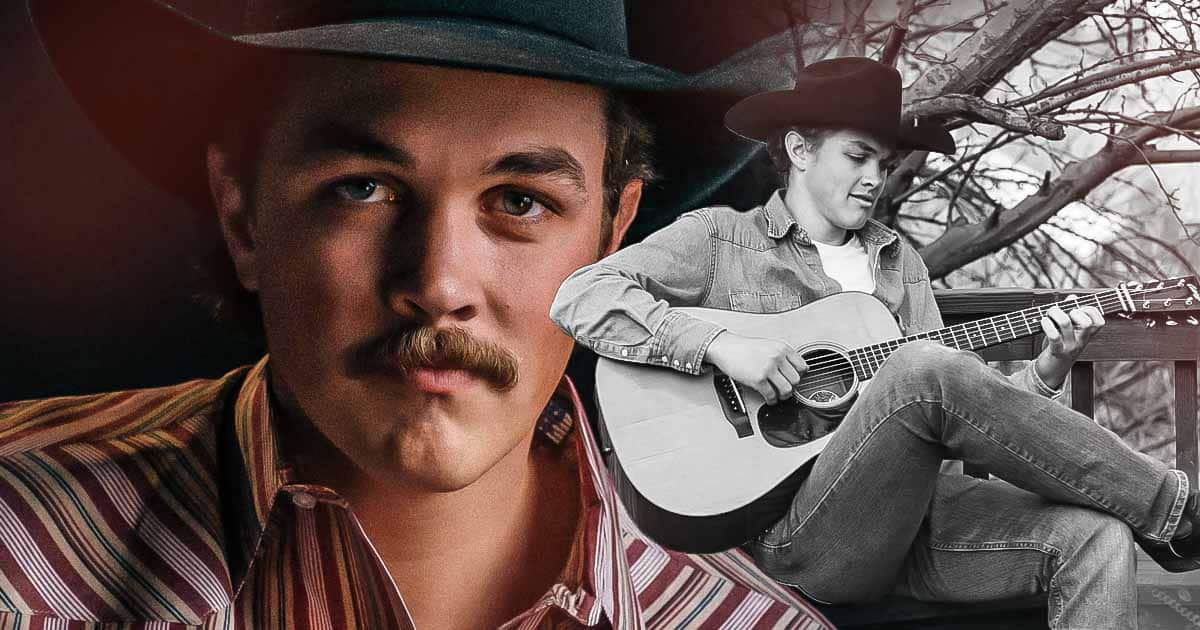Daddy Sang Bass
“Daddy Sang Bass” was an original song written by rockabilly legend Carl Perkins. Back then, Perkins was a member of the traveling show formed by Johnny Cash. Perkins had the song pertain to the families from the Bible Belt who do sing-a-longs after a hard day’s work. Perkins also asked for permission from the Carter family to use the line, “Will the Circle be Unbroken,” and incorporated it into the song.
Johnny Cash, who was a rising star at that time, recorded the song. This featured the voices of the Statler Brothers who were members of Cash’s travel show. “Daddy Sang Bass” was Cash’s thirty-sixth entry on the pop charts. Cash did the recording during the mid-1968 and then released in October of the same year. Bob Johnson produced the single for Columbia Record. “Daddy Sang Bass” would then be included in several albums of Cash including “The Holy Land” in 1969.
Carl Perkins also recorded his version of the “Daddy Sang Bass” for his album, The Greatest Hits produced by Columbia Records and released in 1969. Perkins’ album made it to the top 40 of the hits on the Billboard’s album list that year.
Other artists also had their own rendition of “Daddy Sang Bass.” Among those that have become well known were Dick Nolan, Kitty Wells, The Statler Brothers, Glenn Campbell, Mell Tillis, The Oak Ridge Boys, Pinkard & Bowden, and Leon Russell.
Carl Perkins
Carl Perkins was born near Tiptonville, Tennessee. Perkins grew up listening to Southern Gospel Music. Growing up, Perkins had to work all throughout every season. Once home from school, he would head straight to the fields. Working hard was a must for him so there would be enough money for beans and potatoes for the family and some tobacco for his dad.
Listening to the Grand Ole Opry was one of Perkin’s hobbies and diversions. Using his father’s radio, Perkins would tune to the Grand Ole Opry every Saturday night. This inspired Perkins so much that he asked for a guitar. Unfortunately, his family couldn’t afford to purchase him one. Carl’s father, however, was ingenious and made him one using a cigar box and a broomstick.
There were several people whom Carl Perkins consider as responsible for the success of his career. One of them was John Westbrook whom Perkins called “Uncle John.” Uncle John helped Carl improve his music, particularly on the Blues and Gospel genres. Westbrook advised Carl to adjust his head position and to place it closer to the guitar so that he would be able to feel the notes better.
When Perkins started his career as a performer, he had several stints with several bands and artists. In 1954, Perkins decided to audition for Sun Records. This was where met and became friends with Johnny Cash.
Johnny Cash
Johnny Cash started his career in 1954 when he moved with Vivian Liberto to Memphis Tennessee. There Johnny sold appliances while studying how to be a radio announcer. He had nightly shows as a guitarist for Luther Perkins and also played bass for Marshall Grant.
Johnny took a big step to audition for Sun Records. He sang gospel songs with the knowledge that Sun Records was into Gospel Music. Yet, it was there when Johnny learned that Sun Records wasn’t doing Gospel Music anymore. When he returned to audition again, Cash was able to catch Sam Philips’ taste.
In 1995, Cash made his first recordings with Sun records. His early records, “Hey Porter” and “Cry! Cry! Cry!,” gained some success on the country music charts. Cash continued to make more hits in the following years of his career.
In the book, “The Man in Black.”Cash described what kind of life Carl Perkins and he had. Cash said that they were both alcoholics and were deep into drugs. Providentially, Cash had an encounter with God and was soon freed from his addiction. He, in turn, helped Carl Perkins overcome his. The life-changing experience inspired Perkins to write the song “Daddy Sang Bass.”
“Daddy Sang Bass” had the line “me and little Brother” included. This was purposely written in honor of Jack, Johnny Cash’s brother who died when they were still young. The said line was sung by Don Reid and Lew DeWitt of the Statler Brothers.

